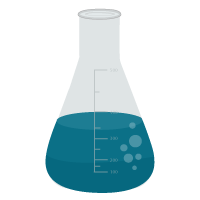DK / EN

Prostate cancer is the most common cancer among Danish men, accounting for the highest number of cancer-related deaths. There is a major knowledge gap in how prostate cancer develops and why the disease progresses in some men but not others.
At Rigshospitalet, a clinical trial, PRO-GENESIS, has been initiated where researchers investigate the biology of prostate cancer. The goal is to streamline detection and treatment options. PRO-GENESIS researchers investigate the meaning of inherited genetics to develop advanced prostate cancer. That is done by collecting clinical data and genetic material from men at the time of their diagnosis and through their treatment. Partly the genes in the patient’s hereditary material and partly the physical cell changes in patient’s tumour tissue are investigated. Finally, the researchers investigate how treatment changes the DNA of the cancer cells. The purpose is to gain understanding as to why some men develop resistance to certain treatments.
“Currently, PRO-GENESIS has enrolled 160 of the 240 patients needed. The funding from the Vissing Foundation will catalyse our study to become one of the world’s largest clinical and genetic studies within advanced prostate cancer. We expect that our results will have critical meaning for the detection and treatment of advanced prostate cancer and may contribute to implementing personalised medicine within this disease,” says Hein V. Stroomberg, Postdoc at Copenhagen Prostate Cancer Centre, Urological Research Unit at Rigshospitalet.